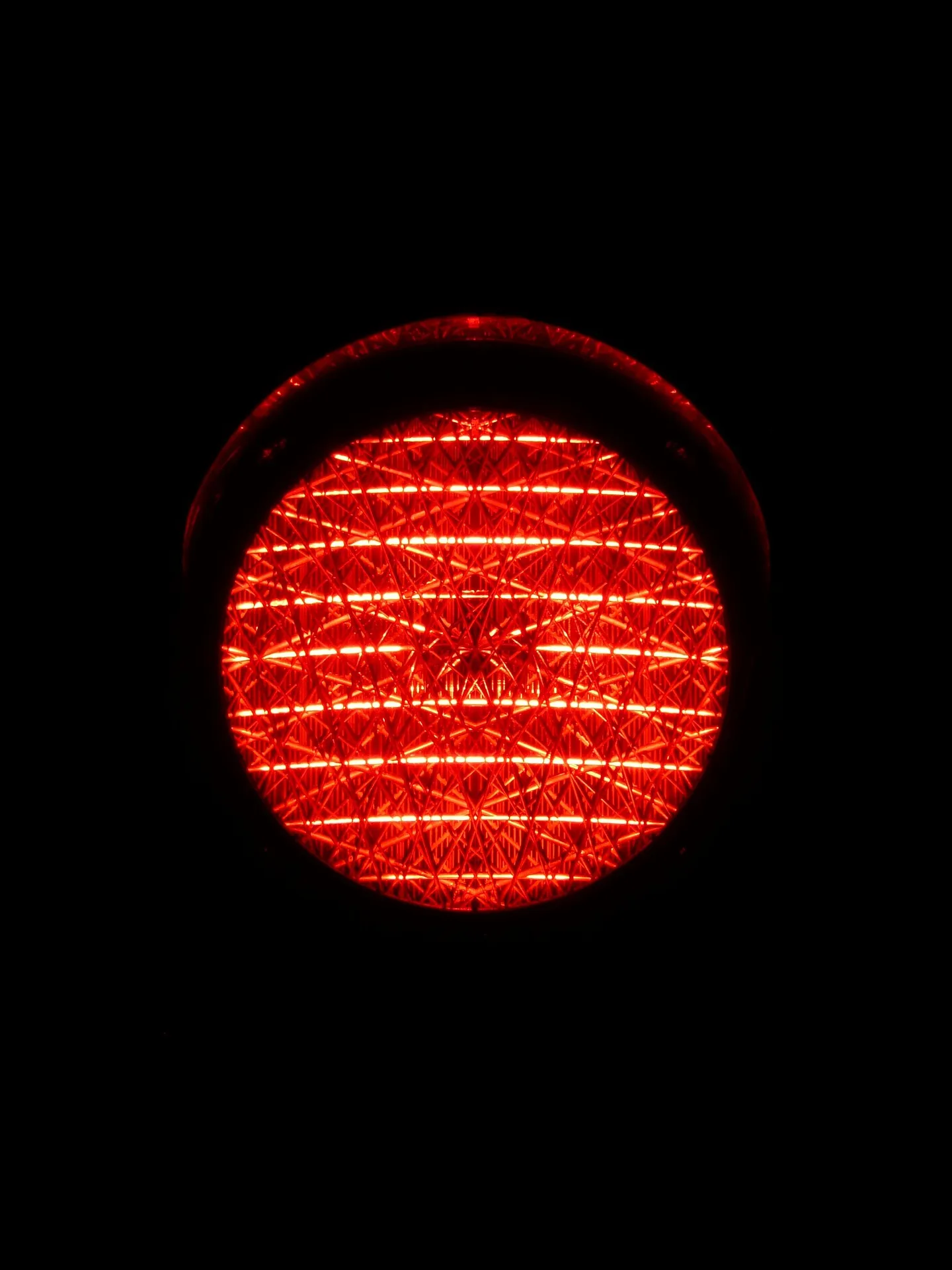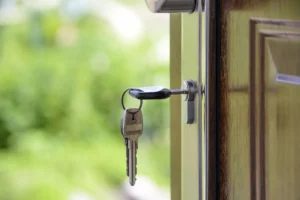Mareva injunctions, colloquially known as "freezing orders," have long been a powerful tool in litigation. The effect of these orders is to freeze bank accounts, put charges on title for property and notice to all creditors that there is a Mareva in place.
These orders were meant to be particularly useful in situations where there is an urgent, genuine risk that a party might dissipate assets and flee the country in the event of fraud or avoiding judgment. They are brought ex parte – with little or no notice to the responding party – and should be used and subsequently granted on rare occasions. However, there is a growing concern that Mareva injunctions are being granted too frequently and many times, on the basis of insufficient or even no concrete evidence. The implications of this are frightening.
I have had the unfortunate experience of representing clients on the responding side of a Mareva injunction five times. In all five occasions, either no notice or a few days’ notice was provided for the other side to respond or attend the hearing. In all five, there were serious allegations of fraudulent conduct, dissipation of assets and fleeing of the country. In all five cases, besides hearsay affidavit evidence, no evidence was offered. In all five, the Mareva remedy was granted.
One of the primary issues contributing to the overuse of Mareva injunctions is the erosion of the traditional burden of proof. In my examples above, the courts decided to grant the Mareva remedy first and put the onus on the responding party to provide proof it should not have been granted later, when there was more time to do so. To be very specific, three themes have been put forth in switching this burden of proof by courts and are as follows:
- The serious nature of bringing a Mareva. The serious nature of the remedy and allegations in of itself gives the alleging party the benefit of the doubt (after all, who would pay a lawyer to make such egregious claims that can easily proven false – the answer is: many people). A judge granting the “benefit of the doubt” to the alleging lawyer flips the burden of proof to the responding party whose assets are in danger of being frozen, with no time to gather evidence to fight back.
- The balance of harm – when weighing the seriousness of the allegations, a judge is more likely to grant a Mareva because when weighing the harm to both parties, it would be better to simply grant the Mareva and reverse it later than not grant it all and let the liable party get away. The issue with this theme is the assumption that a Mareva that is ordered and later lifted does not cause harm. But in my experience, these orders cause serious long-lasting harm including: issues of credibility with lenders or other stakeholders at the time of the Mareva order or those who may uncover the original order after it is lifted. Serious public allegations are given credibility when a court grants the Mareva even if lifted later, and I have even witnessed a client’s bank ask the client to change banking institutions after uncovering this.
- The chance of reversal – judges will always provide their urgent availability to hear an urgent motion to lift the Mareva with cost consequences to the other side (again – so what’s the harm of granting a temporary order now). The issue here is that the turnaround time is still two weeks at the earliest while the responding party’s assets are frozen during this time. In addition, clients are left without funds to pay their lawyer to move forward with a motion to lift a Mareva or appeal. Finally, while the Mareva was eventually lifted in all the examples above and the issues resolved by settlement, in all cases, the court concluded there should be no consequences to the original applicant for bringing the Mareva in the first place since at the time the ruling was given, it was reasonable.
While I understand that our judges are overworked and short-staffed, my hope by writing this article is to bring this matter to their attention. When faced with an ex-parte Mareva, to exercise caution and err on the side of the responding party who, in many cases, was not provided with notice and should not have the burden of proof reversed.
The increasing frequency of Mareva injunctions granted without solid evidence also creates abuse in our legal system. Given the frequency of its use, parties may be tempted to use freezing orders as a strategic tool to gain leverage in negotiations or to put unnecessary pressure on opponents. In one of the examples above, a lawyer brought the motion while the client was out of the country on vacation. In another, it created a situation of leverage to obtain greater proceeds in a minority shareholder buyout (the minority shareholders obtained a Mareva on the majority owner and held the business at-issue hostage). Lawyers who are using this remedy as a strategic tool, should consider the ethics of doing so – is your fee truly worth the freezing of a person’s livelihood, knowing the allegations are weak at best and false at worst?
An Associate of mine was assisting me on one of the Mareva cases mentioned above and she was stunned by the granting of the Mareva order. An internationally trained lawyer, she asked rhetorically: “what country are we living in?” It is a harsh assessment, but one that demonstrates the frightening nature of this remedy, granted quickly without notice or evidence. While a Mareva is a powerful remedy that can be used in rare but justified occasions, I hope that courts should exercise more caution and truly scrutinize the evidence presented before granting Mareva injunctions.




